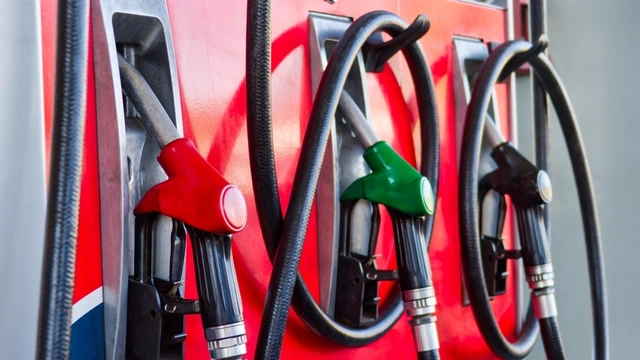Good news for drivers! The fuel duty freeze is set to continue, meaning no higher fuel taxes at the pumps in the coming year.
Alongside this, we’re seeing an 8% drop in car insurance costs – the first drop in over a year! But rising car maintenance costs could mean that these savings don’t stretch as far as we’d like.
Here’s what you need to know about cutting car insurance costs this year, with tips from our in-house expert, Lorna Macpherson, on how to avoid common car insurance mistakes.
Don’t auto-renew – shop around for the best deals
Loyalty doesn’t always pay when it comes to car insurance. According to our research, 40% of drivers simply renew with their current insurer without checking for better rates. This can lead to paying £50–£200 more than necessary each year! Save yourself money by using comparison sites or independent brokers to find better deals.
If you can, pay annually
Monthly payments might seem convenient, but they often come with interest fees, sometimes up to a whopping 40%. Paying upfront can feel like a lot, but if you can do it, you could save a lot in interest charges. Consider it an investment in keeping costs low over the long term.
Timing is key – get quotes early!
Looking for quotes about three weeks before your insurance renewal date can work wonders. Insurers often view last-minute shoppers as higher-risk, leading to steeper premiums. By getting quotes in advance, you’re signaling that you’re a careful, low-risk driver – which can lead to lower rates.
Boost your credit score
Your credit score could be a game-changer, especially if you’re paying monthly. Insurers may check your credit, and a higher score can lead to lower premiums. A simple trick? Register to vote! This one step could give your credit score a 50-point boost and help you save on insurance. If you’re already on the electoral roll, there are plenty of other things you can do to increase your credit score.
Protect your no-claims bonus
A no-claims bonus can be your best friend when it comes to insurance savings. Many insurers let you protect this bonus even if you need to make a claim. It might raise your premium slightly, but in the long run, it’s often cheaper than starting over with a blank no-claims slate.
Choose the right cover
It’s easy to think you need all the bells and whistles but think about what you really need. For an older car, comprehensive cover might be over the top. Opting for third-party, fire, and theft policies could help cut costs, and you might be able to remove add-ons you don’t actually need.
Add (or skip) an extra driver
Adding a driver to your policy isn’t always straightforward. An experienced driver could help lower your premium, while younger or less-experienced drivers might bump it up. It’s all about the risk profile, so choose wisely.
Adjust your voluntary excess
Raising your voluntary excess (the amount you’d pay in a claim) can bring your premium down by about 10%. Just don’t set it too high! Make sure you could realistically afford it if something does happen.
Driver less, pay less
Driving less often means less risk, and insurers may reward you with lower premiums if you reduce your mileage. Even cutting back by 1,000 miles a year could make a difference. Just be careful not to fib about your mileage – underestimating it could lead to problems if you need to make a claim.
With a few small tweaks, you can make sure you’re getting the best possible value from your car insurance this year. To learn more about insurance and other financial tips, visit our blog.
Fiona is a personal finance writer with over 7 years’ experience writing for a broad range of industries before joining Ocean in 2021. She uses her wealth of experience to turn the overwhelming aspects of finance into articles that are easy to understand.
![Email icon]()
Become a money maestro!
Sign up for tips on how to improve your credit score, offers and deals to help you save money, exclusive competitions and exciting products!
Find this useful? Share it with others!









